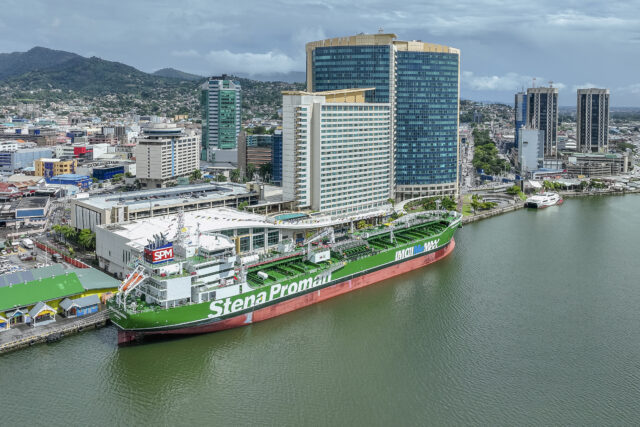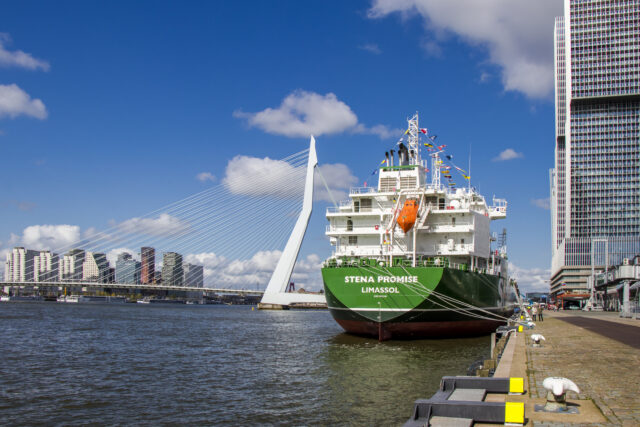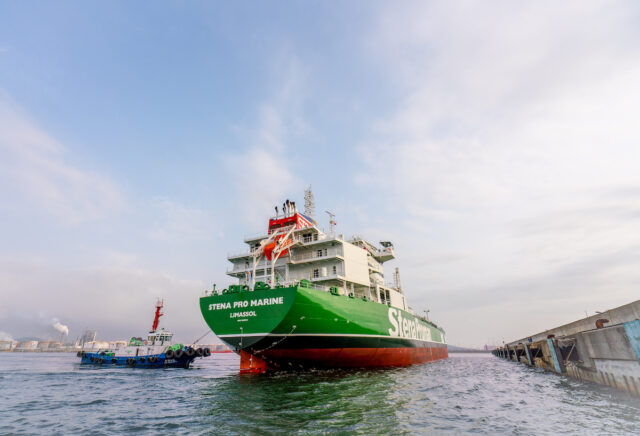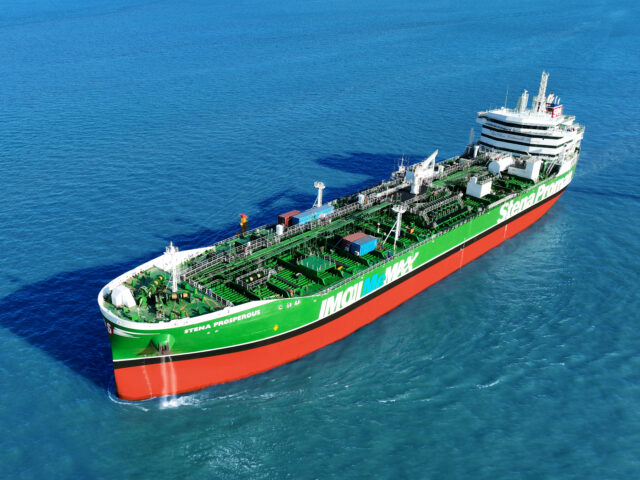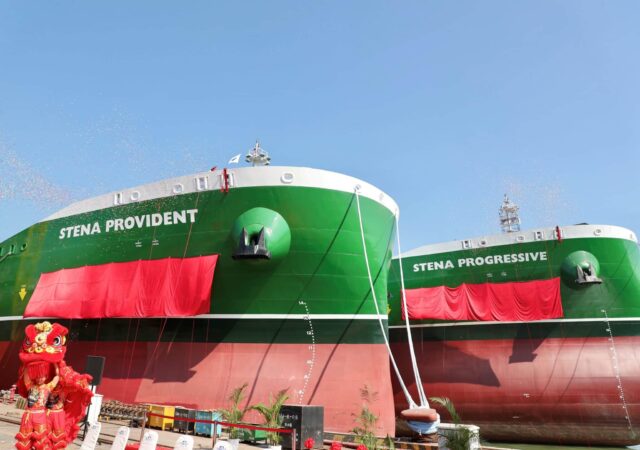About LEMSCO
Methanol as a marine fuel
Regulations from the International Maritime Organisation (IMO) and European Union (EU), as well as increased requirements from customers and financial institutions, will push the shipping industry towards net zero emissions by 2050 at the latest.
For shipowners, 2050 is only one vessel lifetime away. Shipowners and operators are making investment decisions today that will either contribute or hinder their emission reduction obligations for the coming decades.
With its clean-burning qualities, ship owners switching to methanol fuel can immediately improve their emissions profiles. Methanol-powered vessels can lead the transition to a lower carbon future and significantly reduce the greenhouse gas emissions generated by conventional oil-based fuels, bringing an immediate improvement in air quality for people who live and work around ports and shipping lanes.
Sustainable Investment Objective
LEMSCO has a sustainable investment objective within the meaning of Article 9 of the SFDR and intends to invest in sustainable investments contributing to climate change mitigation.
LEMSCO seeks to contribute to the reduction of greenhouse gas emissions and air pollution by acquiring low-emission vessels, which will run on methanol instead of conventional oil-based fuels. By switching to this clean-burning fuel, LEMSCO aims to help solve the emissions problem of the global marine industry, which is collectively responsible for c. 3% of the world’s greenhouse gas emissions. Methanol is an immediate solution which practically eliminates SOx emissions and reduces NOx emissions by c. 80%.
Methanol is also biodegradable in water, meaning that its impact on marine life is reduced when compared with ammonia and traditional marine fuels.
All LEMSCO’s investments are assessed and measured against the objectives of the International Maritime Organization (IMO) emissions reduction targets for 2030 and 2050.
Sustainable investments with an environmental objective are aligned with the EU Taxonomy
The LEMSCO Fund is 90% aligned with the EU Taxonomy under Climate Mitigation, Climate Adaptation, Circular Economy and Pollution Prevention. These objectives are being achieved initially through the Fund’s investment in methanol fueled vessels, which are able to run on fuel from renewable sources and have obtained an Energy Efficiency Design Index (EEDI) value more than 10% below the EEDI requirements applicable on 1 April 2022. The objectives will continue to be met through GHG emissions avoidance and MGO avoidance.
Methanol provides immediate greenhouse gas reductions and a proven and scalable pathway towards net zero emissions. That’s why it is one of the most viable and attractive alternative marine fuels right now.
Sulphur oxides (SOx) and particulate matter (PM) emissions are practically eliminated, carbon dioxide (CO2) emissions reduced on a tank to wake basis, and nitrogen oxides (NOx) are cut by up to 80%, all of which have been linked to “acid rain” and environmental degradation. Furthermore, methanol’s biodegradable and water-soluble qualities significantly reduce the risk to marine environments in the event of a spill.

